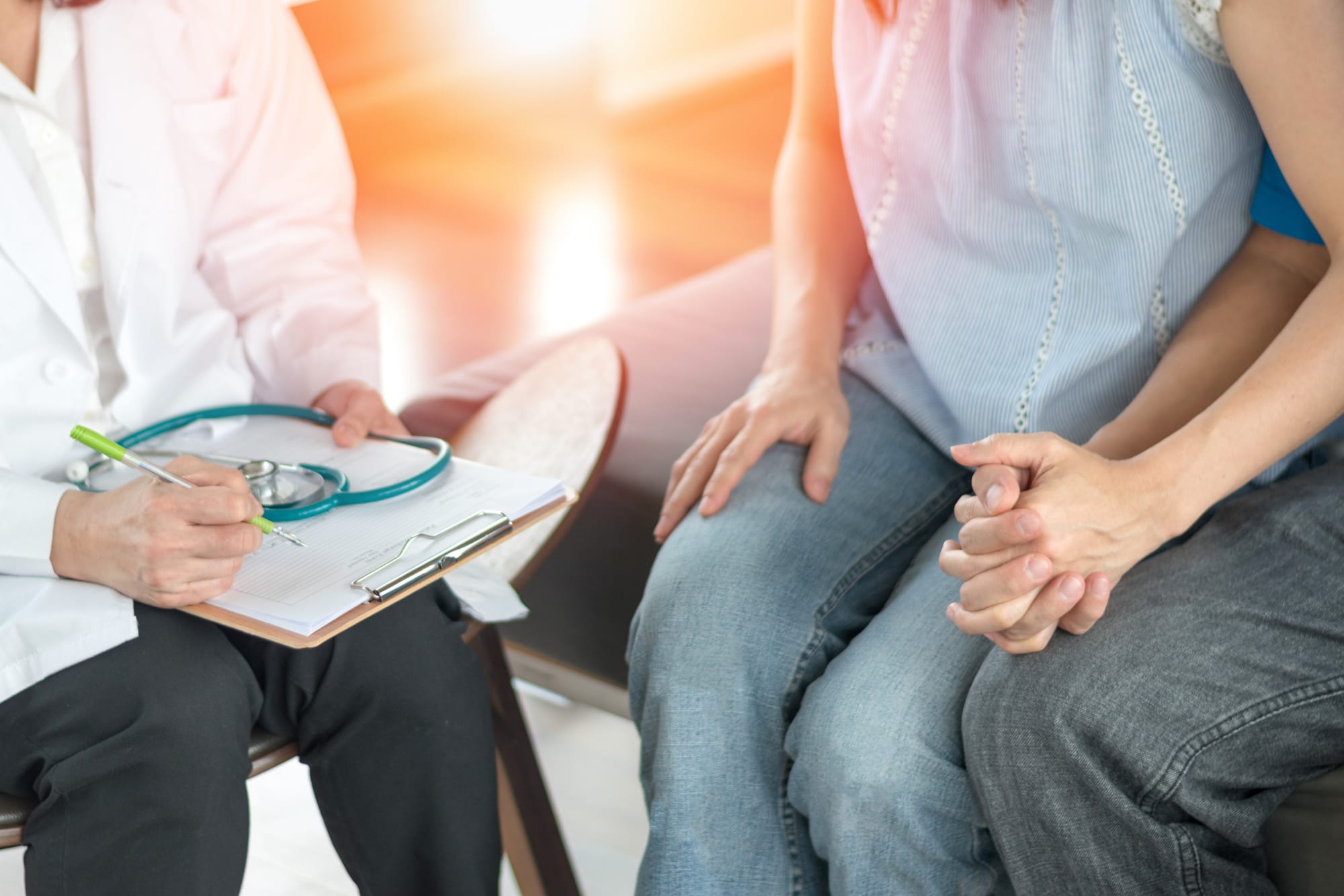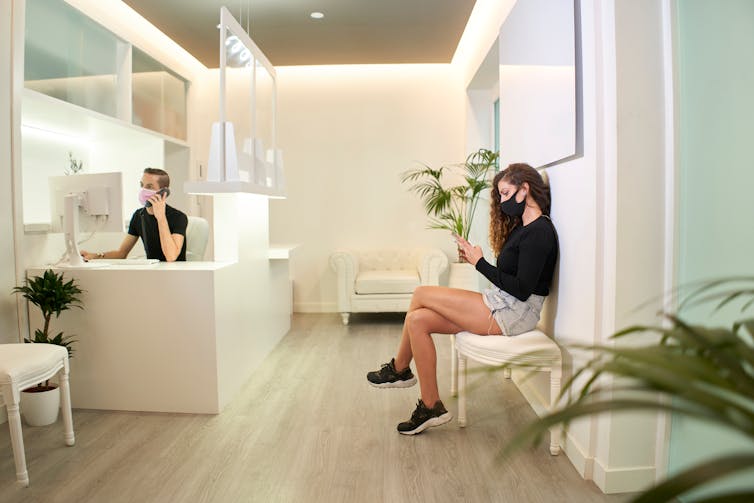
Egg freezing is promoted as an empowering option for women who want to stop the biological clock and improve their chance of having a baby later in life. But they need to know it’s more like a lottery than an insurance policy.
Fertility declines with age. To avoid age-related infertility, women increasingly turn to elective egg freezing. Advertising on IVF clinic websites and social media promote this as an insurance policy that allows women to start a family when the time is right for them.
But the reality is there’s no guarantee of a baby. The procedure is expensive and not risk-free. Most women need more than one egg collection for a reasonable chance of having a baby down the track. And, for a range of reasons, many women won’t use their stored eggs.
Typically, women who freeze their eggs are well-educated, financially-secure single women in their mid-to-late 30s. And contrary to the common stereotype that women freeze their eggs to advance their career or for other reasons to do with their personal fulfilment, the most common reason is they don’t have a partner, or have a partner who is unwilling to commit to parenthood or is “not ready” to have children.
Read more: Why women choose to freeze their eggs – new research
Quality of information on clinic websites
An assessment of the quality of the information about elective egg freezing on 21 Australian and New Zealand IVF clinic websites showed poor quality overall, and a lot of room for improvement.
Only one clinic addressed the question about whether the data presented on the website was based on the clinic’s own experience, or on published data from other clinics.
None of the clinics clarified if the data they gave related specifically to elective egg freezing, where most women are in their mid-to-late 30s, or if the data related to egg freezing in the context of egg donation, where eggs are retrieved from younger women with greater fertility potential.
Only two websites quoted the chance of having a baby as a result of elective egg freezing, and only six websites provided information about cost.

Since we know people’s first port of call for health information is the internet, it’s possible this poor-quality information – combined with the often upbeat and emotive images on clinic websites – can give women a false impression of what’s possible with elective egg freezing.
Read more: Egg freezing is on the up – but new research raises questions about how clinics advertise
Chances of success
So, what’s the chance of having a baby with frozen eggs? These three numbers will largely determine your chance.
1. Your age when you freeze your eggs
To help women decide if and when to freeze their eggs, American scientists developed a prediction model that shows that for a 50%, 80% or 95% chance of a baby from frozen eggs, a woman aged 35 or less needs to freeze six, 14, and 30 eggs, respectively.
But for a woman aged 39, this goes up to 15 eggs for a 50% chance, 33 eggs for an 80% chance, and 70 eggs for a 95% chance.
2. The number of eggs stored
Egg freezing involves a course of hormone injections to stimulate the ovaries to produce multiple eggs, ultrasound and blood tests to monitor the progress, and when the eggs are mature, retrieving them in a transvaginal ultrasound-guided procedure under light anesthetic.
The retrieved eggs are stored in liquid nitrogen until the woman returns to use them.
So, how many eggs can women expect from each egg retrieval?
According to data from all IVF clinics on Victoria in 2020, the average number of eggs collected per egg retrieval was 13 for women aged less than 35 years, and 10 for women aged 35-39 years.
If we apply these numbers to the model, women in their mid-to-late 30s will likely need at least three egg retrievals for an 80% chance of having a baby from frozen eggs.

3. How many cycles you can afford?
Each egg retrieval process costs between A$7000 and $8000, and unlike IVF, there’s no Medicare rebate.
Based on the data above, an average 35-year-old woman can expect to pay $14,000-$16,000, and an average 38-year-old woman $21,000-$24,000 to store enough eggs for an 80% chance of a baby.
And if you return to use those eggs, you’ll need to pay to thaw them and inseminate them to create embryos. That process will add thousands to the overall cost.
What happens after freezing?
The longest follow-up study so far looked at the return rate among women who had stored their eggs for more than a decade. It found fewer than 40% had returned to use their eggs.
The most comprehensive data on what happens when eggs are thawed comes from the United States, where researchers calculated that for women under the age of 35, 41 eggs needed to be thawed for one live birth. This increased to 99 eggs for women aged between 38 and 40.
Read more: Half of women over 35 who want a child don't end up having one, or have fewer than they planned
Women need the facts to make informed decisions
Elective egg freezing is taking off as a reproductive choice, which women are increasingly turning to for a range of reasons. They deserve:
- comprehensive information about all the pros and cons of elective egg freezing
- knowledge about the potential risks, including ovarian hyperstimulation syndrome (OHSS), a potentially serious condition caused by an excessive physical response to the hormone stimulation
- transparency regarding the clinic’s own experience and track record
- personalised estimates of how many eggs they need to freeze to have a reasonable chance of having a baby down the track.
Women need factual and realistic information about what’s possible with elective egg freezing to make informed decisions and manage their expectations.

This article originally appeared on The Conversation.





